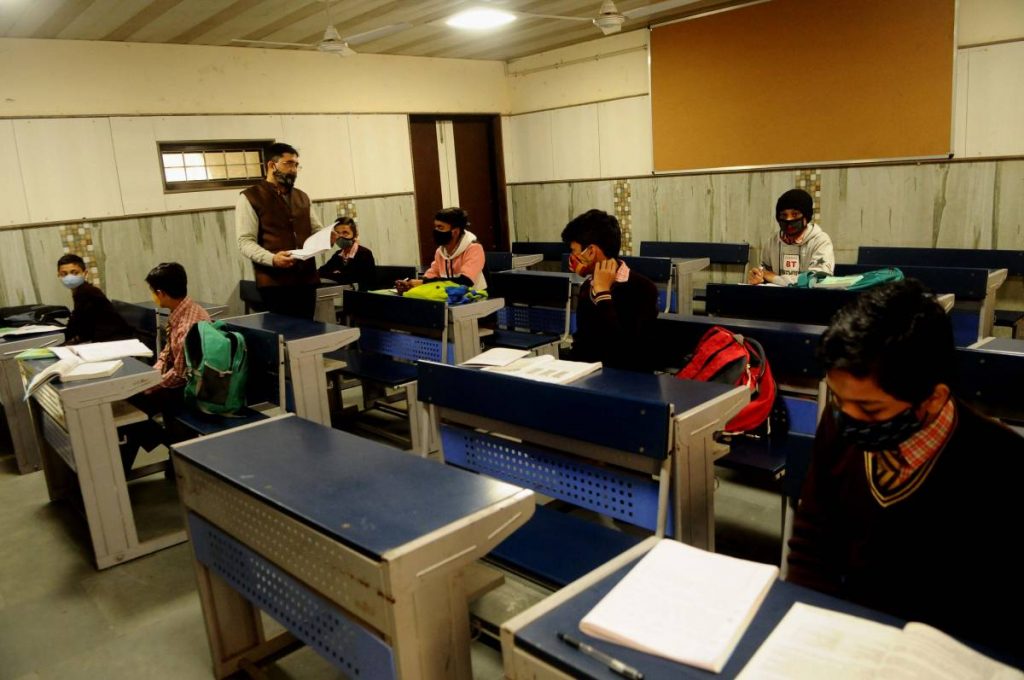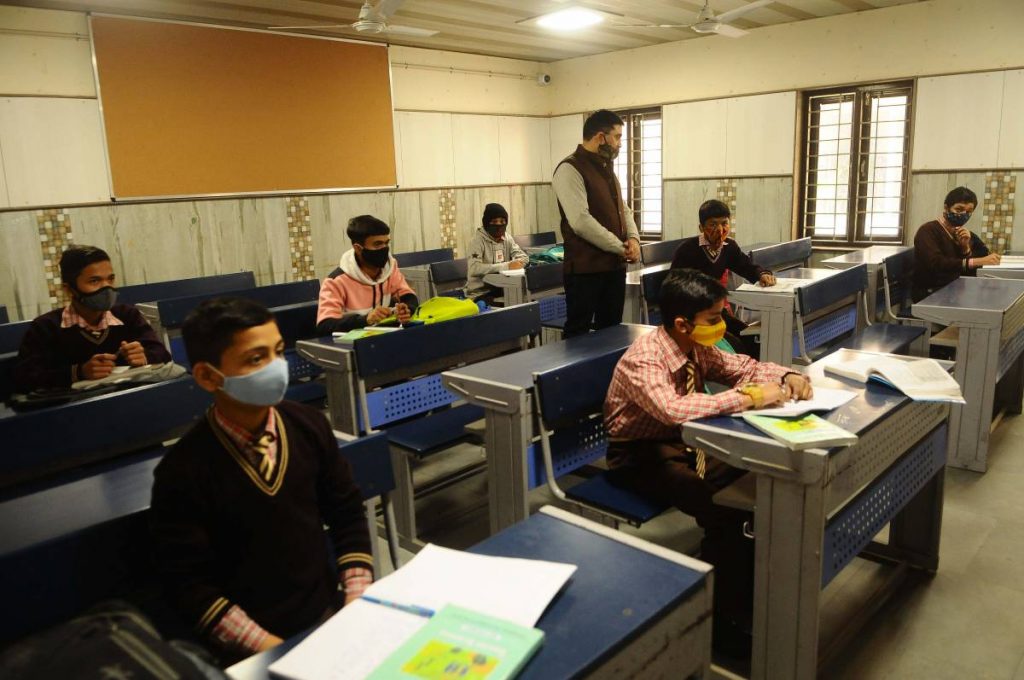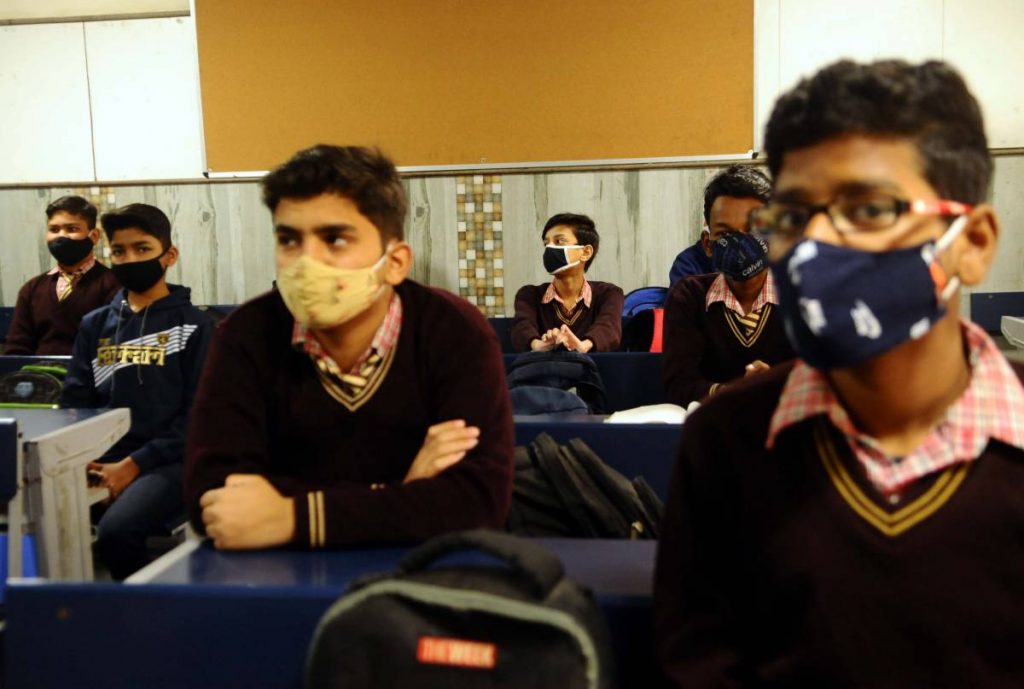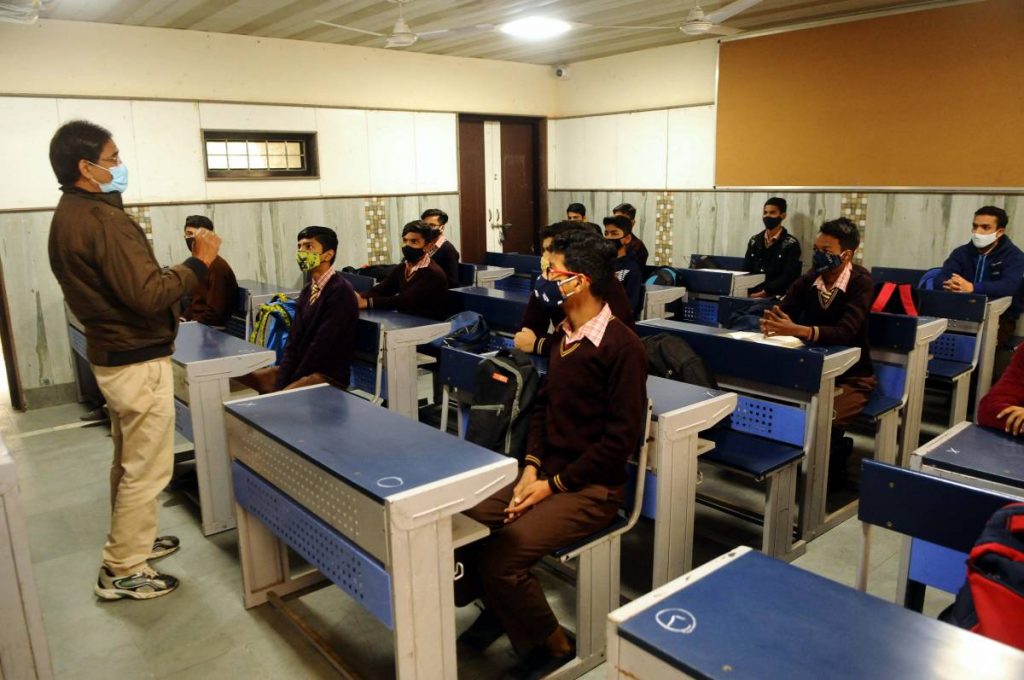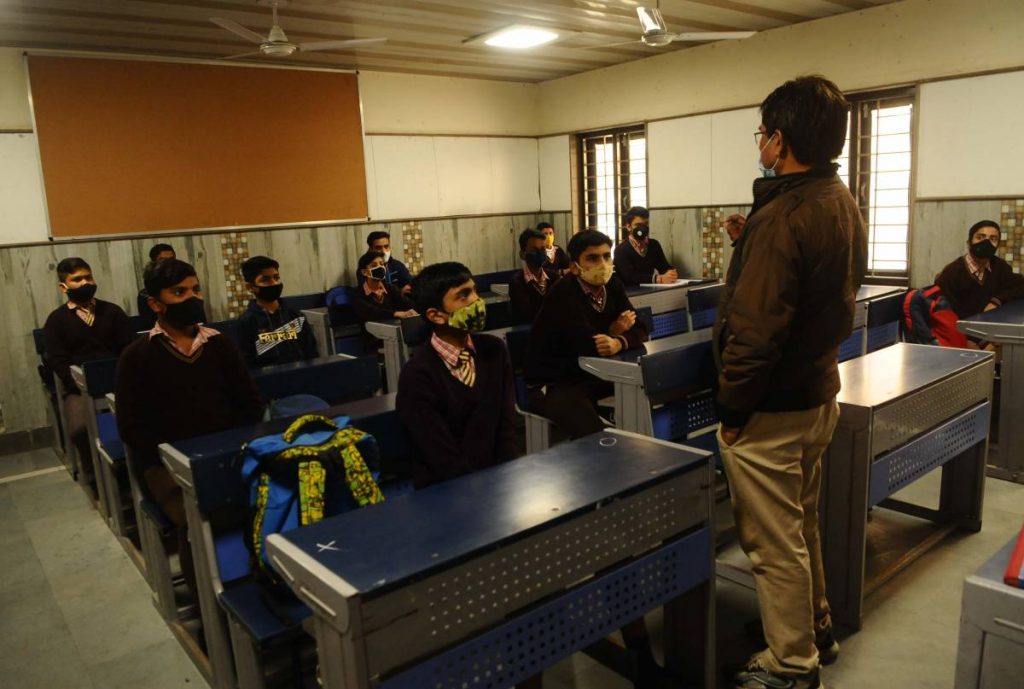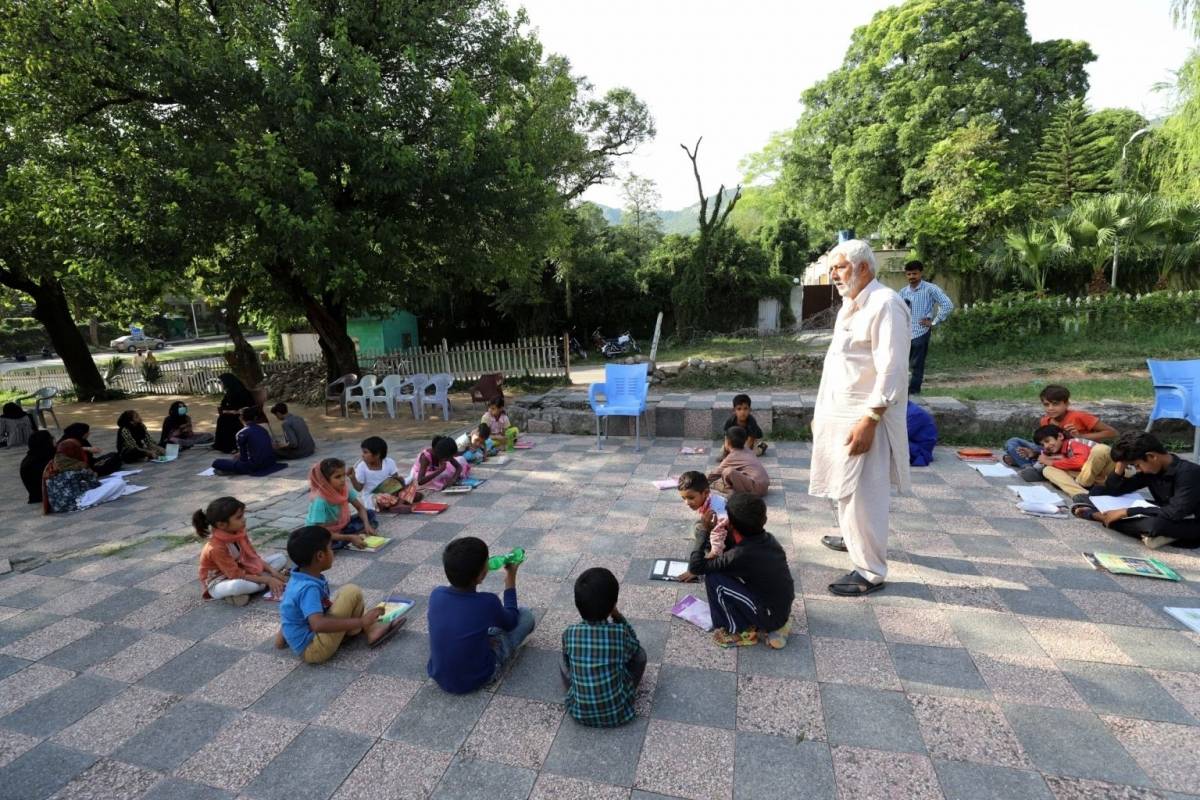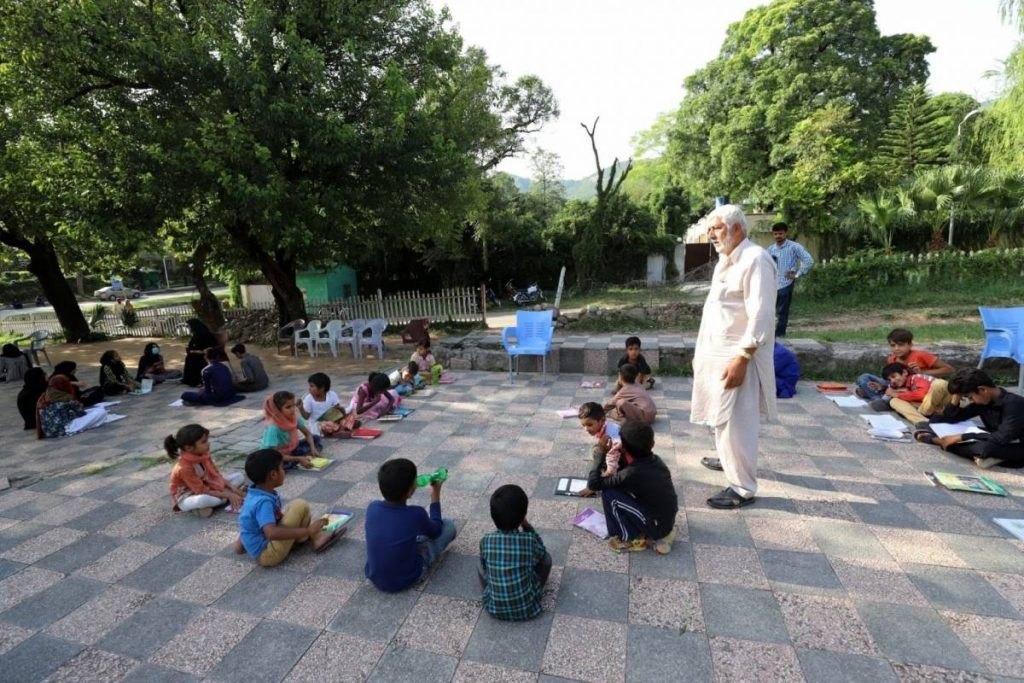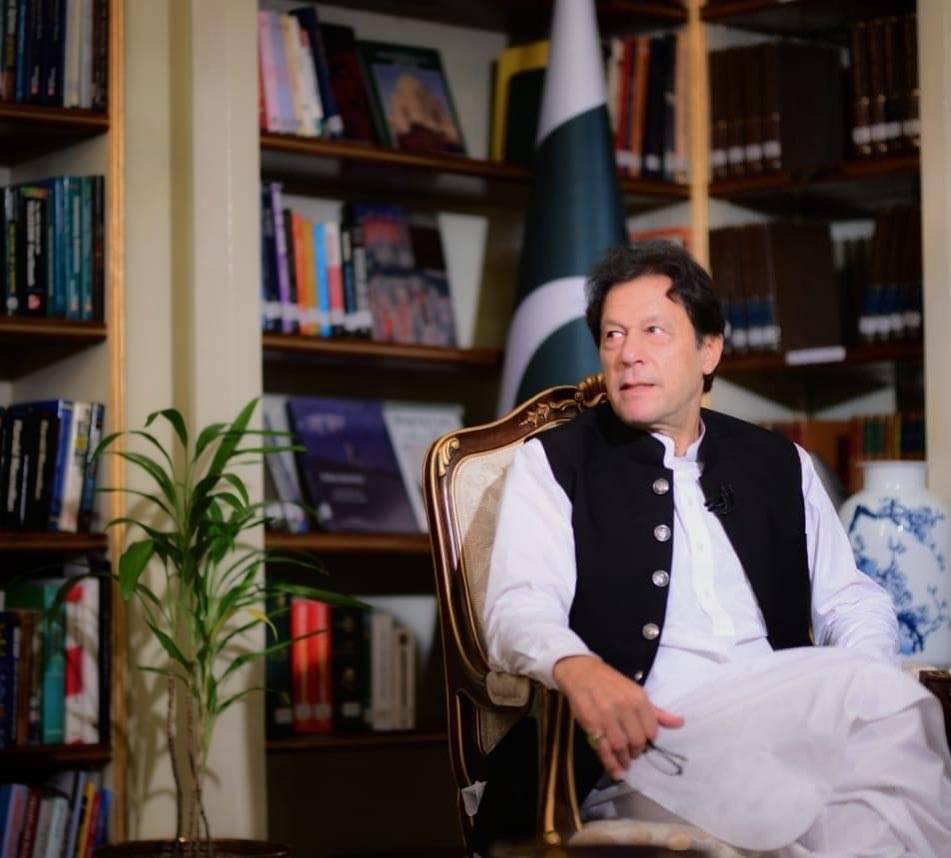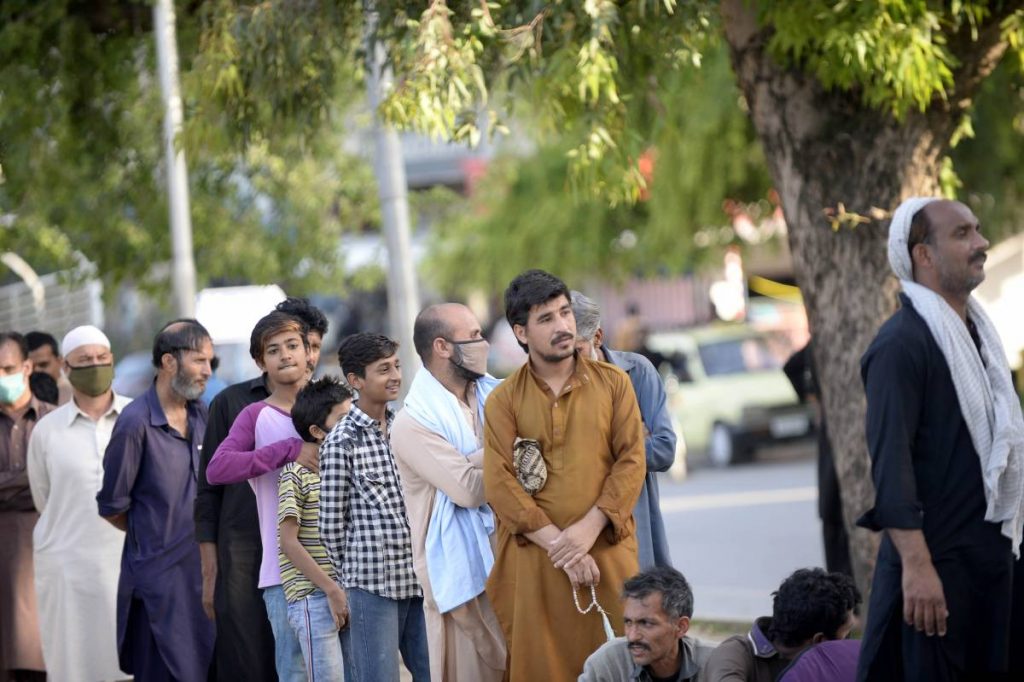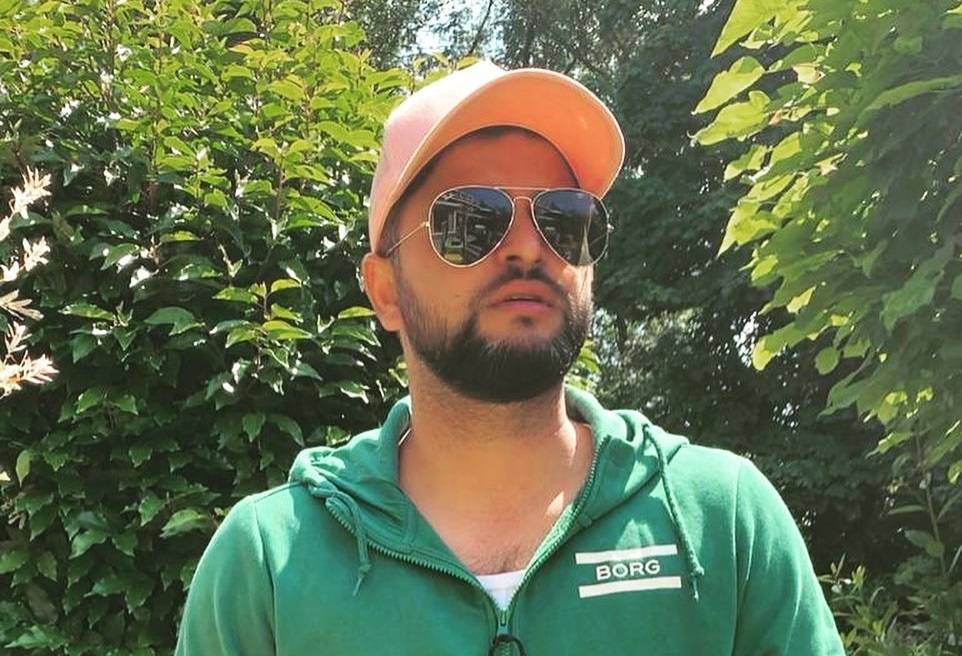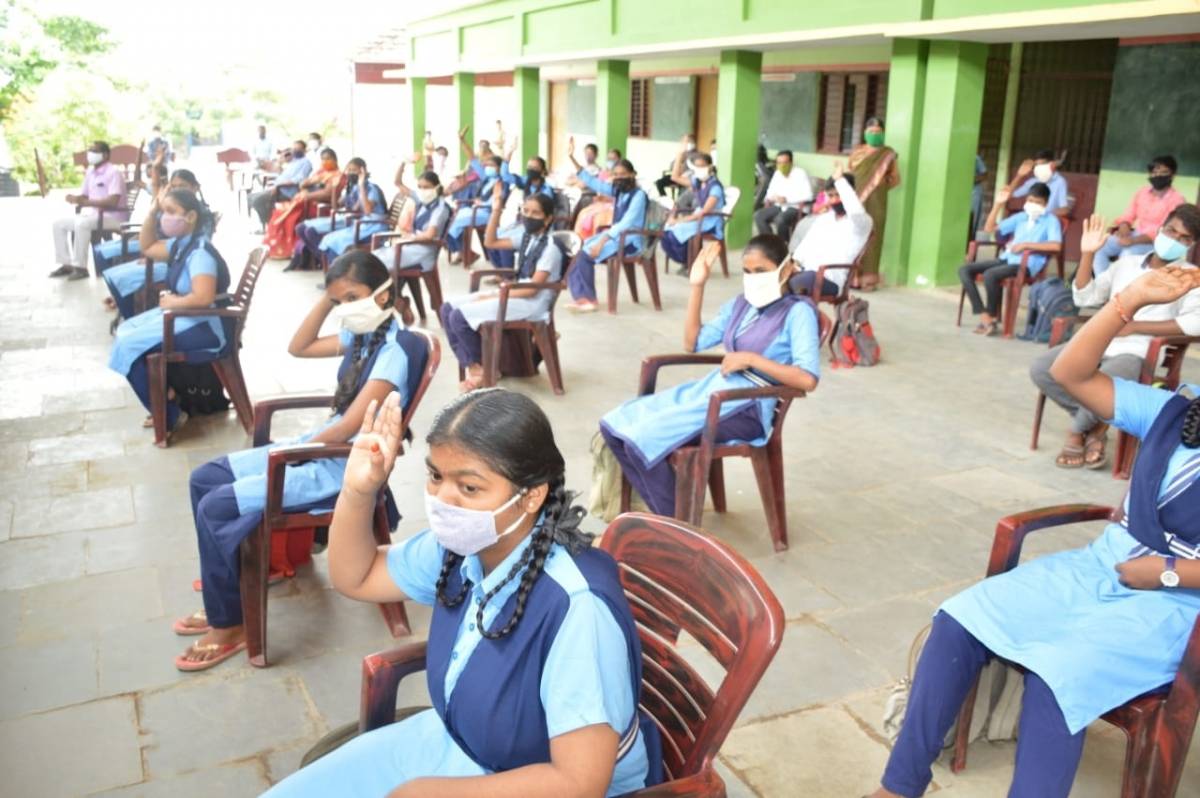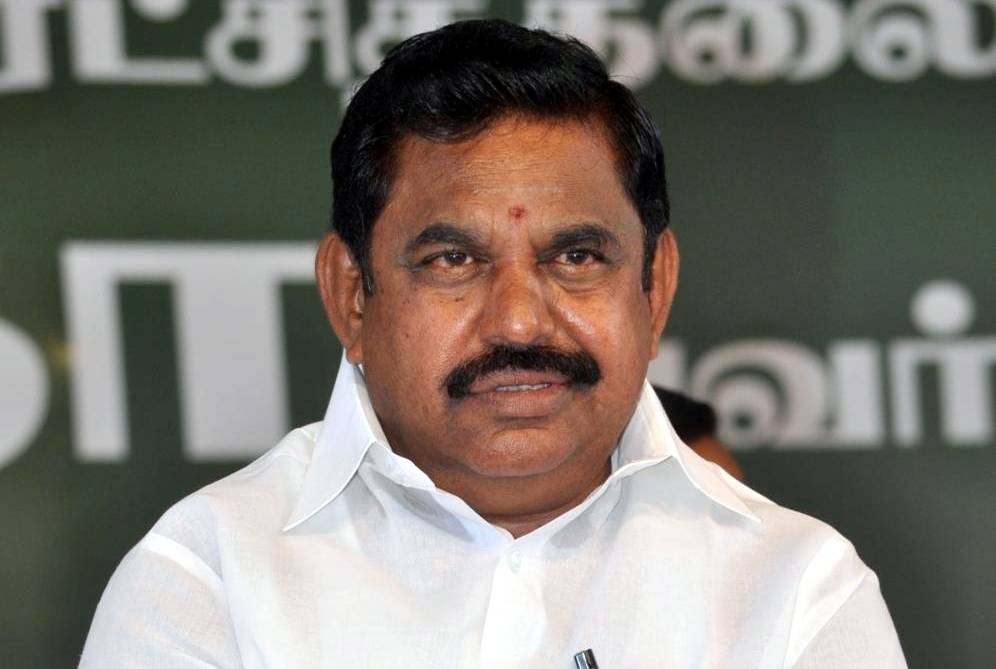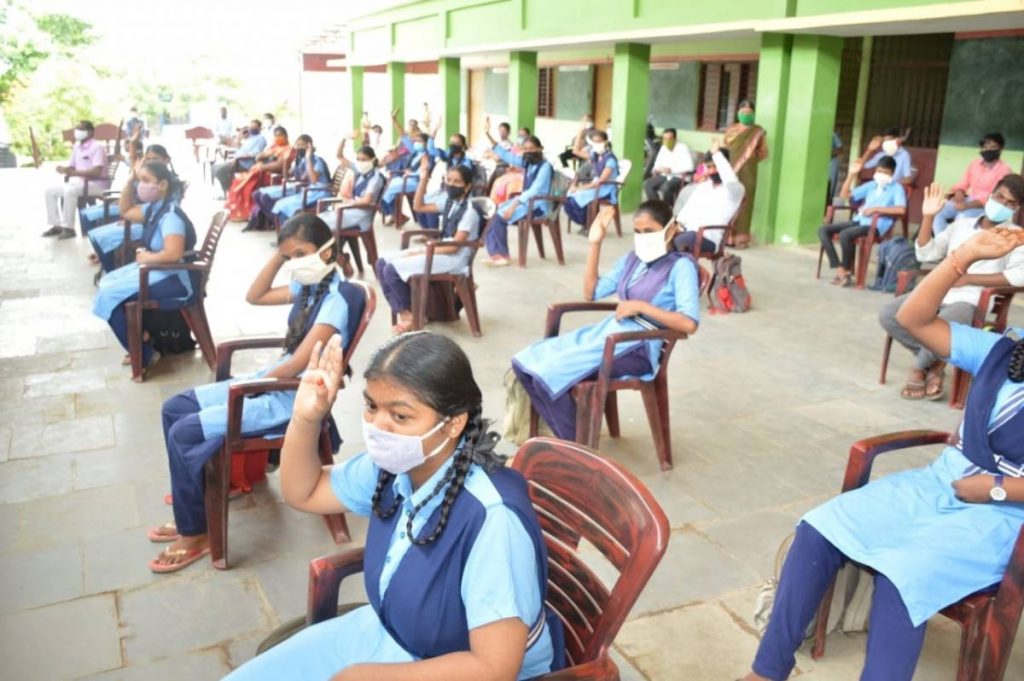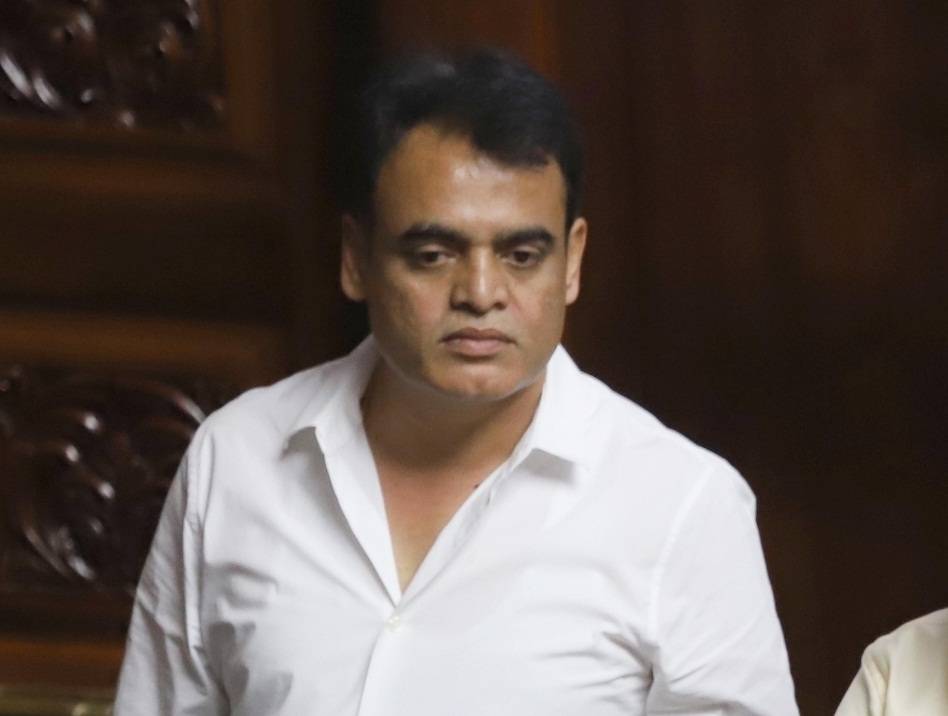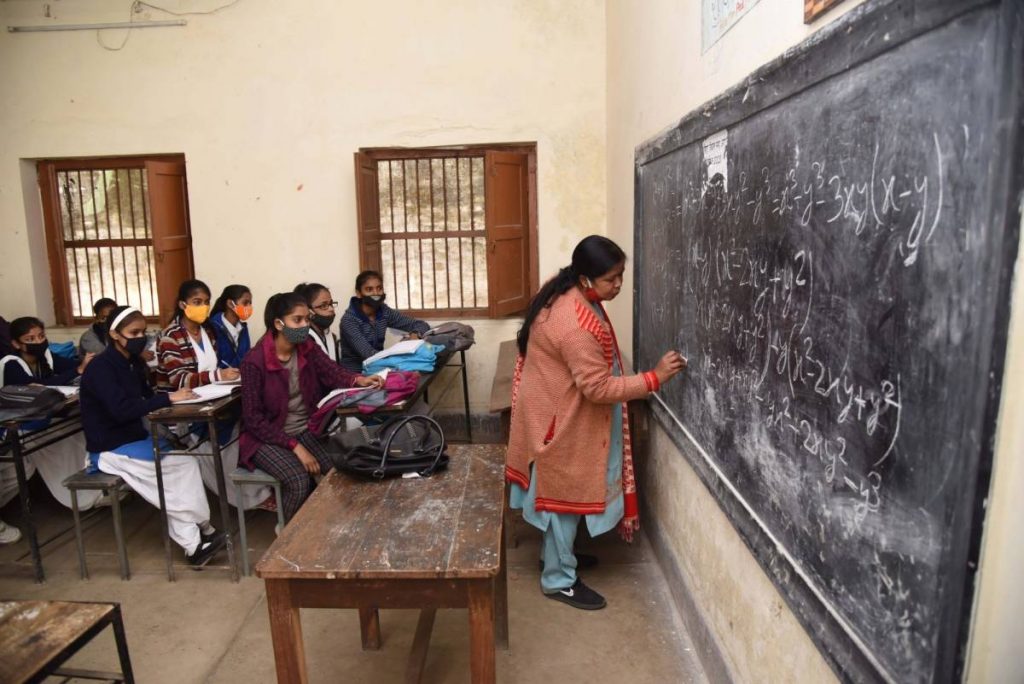With an aim to raise awareness and educate girls on menstrual hygiene management, UNESCO has joined the #KeepGirlsInSchool mission, being supported by Bollywood actress Bhumi Pednekar…writes Puja Gupta.
The movement, launched by feminine care brand Whisper, begins with shedding light on the impact of 2.3 crore girls dropping out of school due to lack of period education and protection.
According to studies, even today, 71 per cent of adolescent girls in India remain unaware of menstruation till they get their first period. This affects their confidence and self-esteem adversely, leading to 2.3 crore adolescent girls dropping out of school every year, at the onset of the puberty. In addition to this, the ongoing pandemic has led to the closure of schools and lack of structured learning process, making these girls even more vulnerable to dropping out.
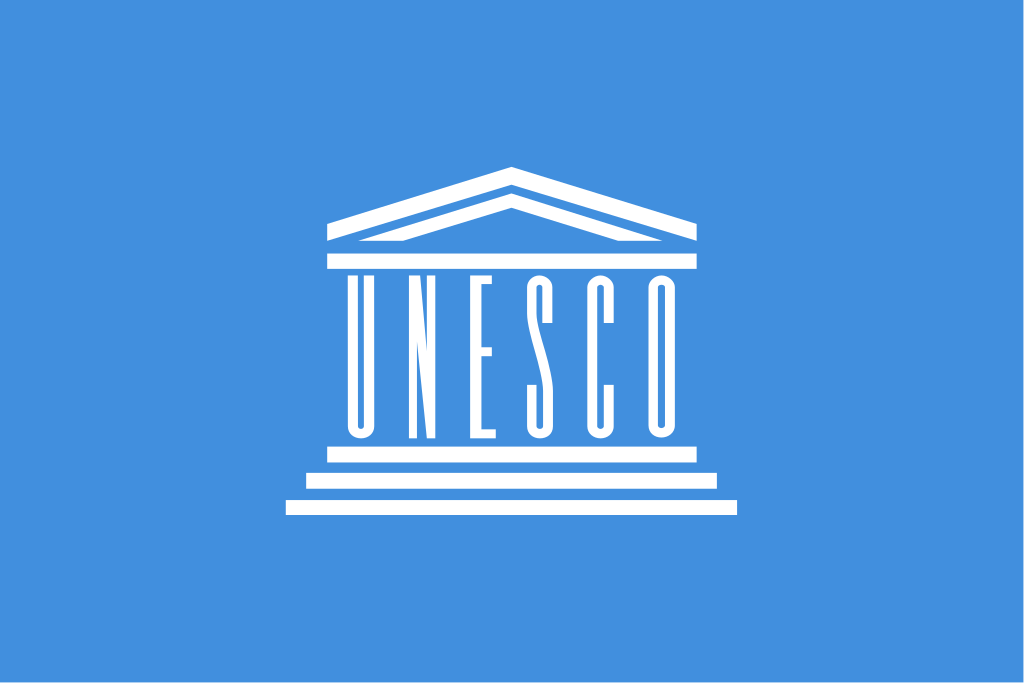
According to the UNESCO, the global pandemic has impacted 74 crore schoolgirls, and could severely affect their return to school.
To bring to light the struggles of young girls as they reach puberty, Whisper and UNESCO released a film that illustrates the journey of the playful innocence of a schoolgirl with boundless dreams coming to a grinding halt due to the lack of period education and protection. The film underscores the importance of empowering young girls to achieve their full potential and not let periods get in the way of 2.3 crore dreams.
Continuing to share her support for the cause, Bhumi Pednekar said: “For the past one year I have been working closely with Whisper to drive awareness on the importance of menstrual hygiene education and protection. This gave me an understanding of the on-ground reality of crores of girls who drop out of school and unfortunately give up on their dreams of becoming a pilot, doctor, teacher, designer, etc. Every girl in India should be able to complete her education like I did and not have to drop out just because of periods. I strongly believe that empowering young girls with menstrual education and protection will give them wings to transform into leaders of tomorrow. It is great to see that Whisper and UNESCO are enabling this change at a ground level, which will not only accelerate the cause but also encourage wider participation. I urge everyone to come forward and be part of the #KeepGirlsInSchool movement.”
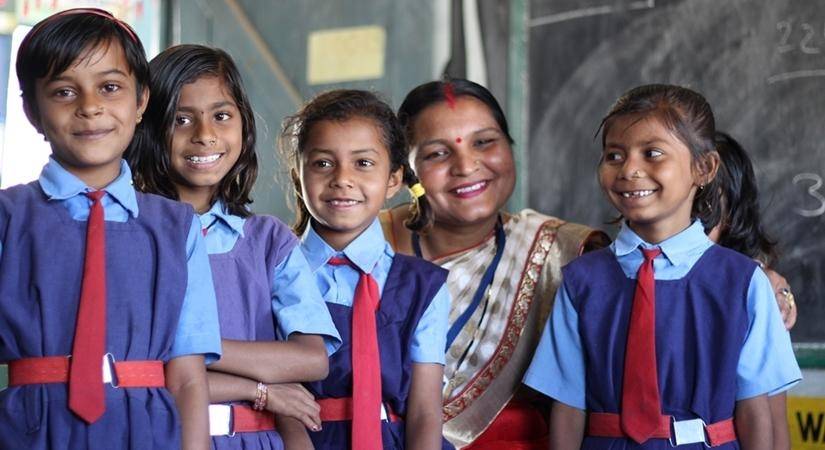
Emphasizing UNESCO’s commitment to right to Education, Eric Falt, Director and UNESCO Representative to Bhutan, India, Maldives and Sri Lanka, said: “During puberty and the start of menstruation, a girl’s confidence and self-esteem can be affected in many different ways, sometimes even leading to her dropping out of school. UNESCO and Whisper are on a mission to change that. The #KeepGirlsInSchool initiative builds on our strong commitment to ensuring everyone’s fundamental right to education. Investing in girls’ education is an investment for society as a whole.”
Sharing her thoughts on the movement, Chetna Soni, Senior Director and Category Head, P&G Indian Subcontinent, Feminine Care, said: “Whisper believes in empowering girls and women to unleash their confidence and ensure that nothing comes in the way of achieving their dreams. With this mission, we continue to challenge the barriers surrounding menstrual hygiene through education and multi-stakeholder engagement to advocate for change. To widen the impact, we are delighted to be joining hands with UNESCO to further our force for female good movement #KeepGirlsInSchool. We strongly believe that we all have a role to play in breaking menstrual stigma and normalizing periods so nothing can come in the way of girls fulfilling their dreams and achieving their full potential.”
Also Read-Reinventing people inspires Manasa
Read More-Budget friendly carpet trends



